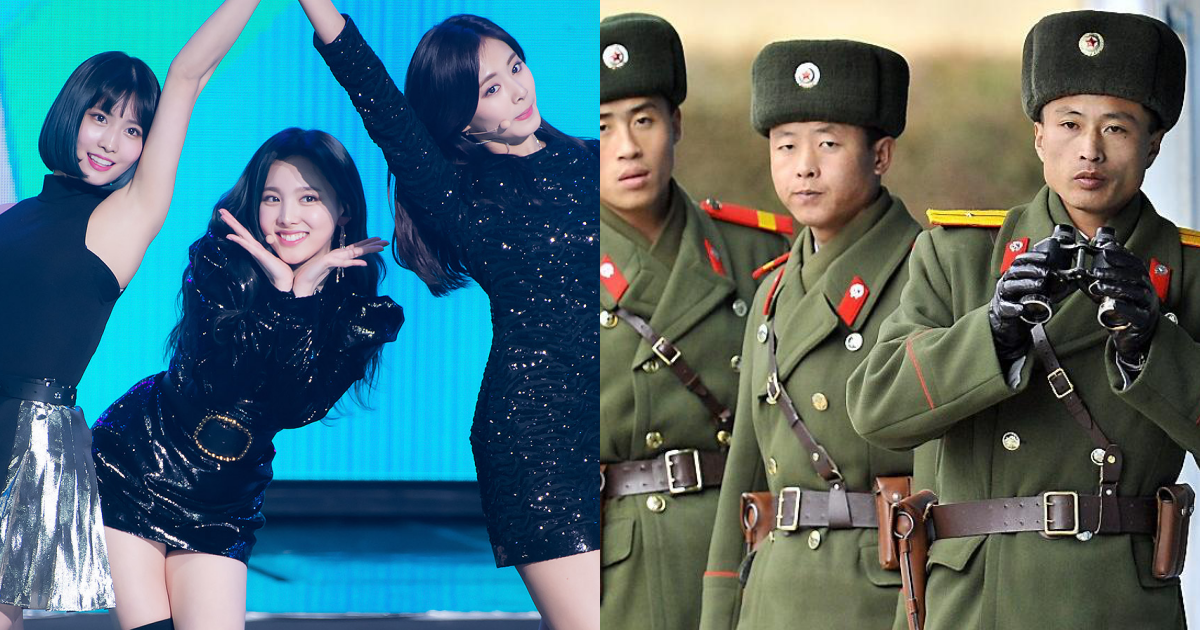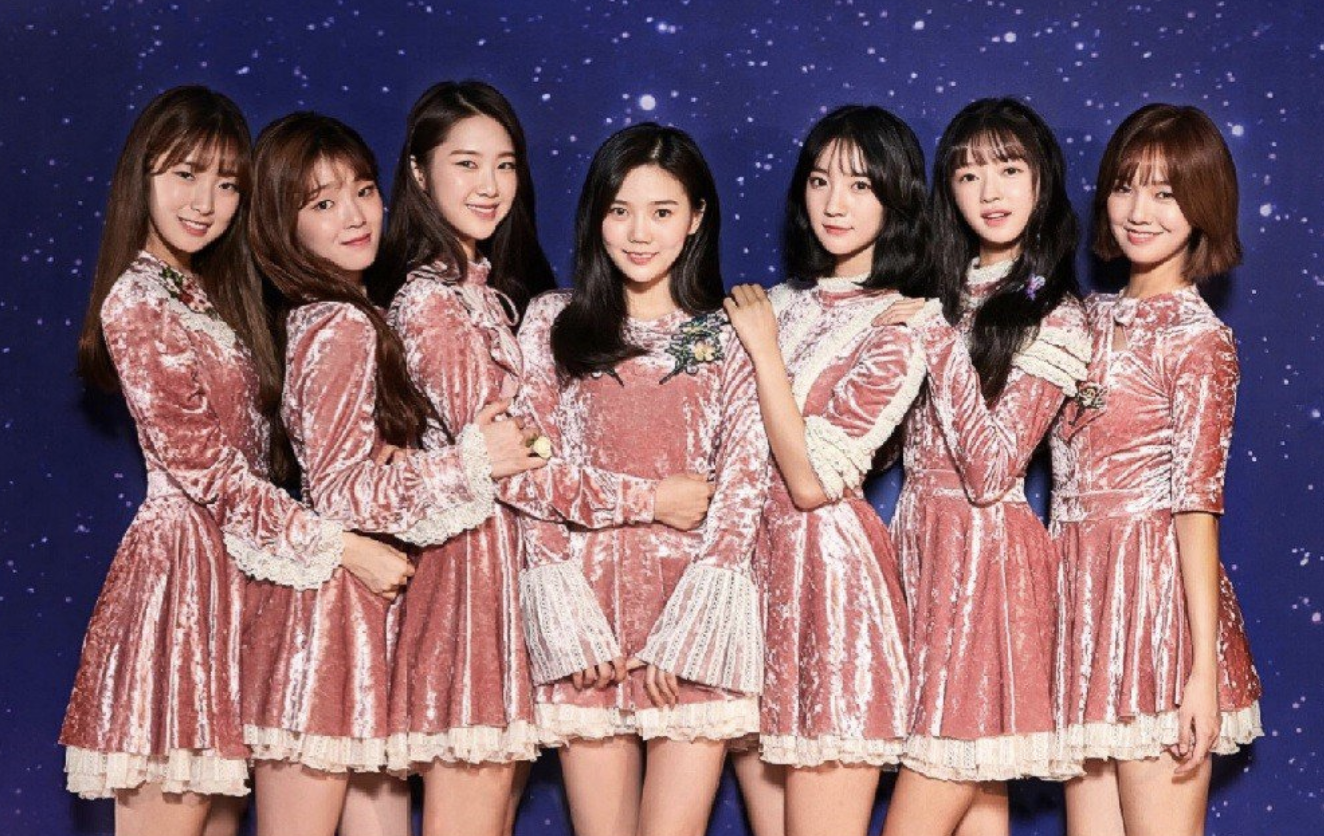North Korean Influence on K-pop

North korean kpop – North Korea, despite its isolation and political differences with South Korea, has exerted a subtle yet undeniable influence on the development of K-pop.
North Korean pop music, or K-pop, has gained immense popularity worldwide. Its catchy melodies and vibrant performances have captivated audiences. Yet, amidst the glitz and glamour, there lies a contrasting world of high-octane motorsports. Ned Jarrett, a legendary NASCAR driver, once said, ” ‘The only thing I can compare to the feeling of winning a race is the love of my family.’ ” This sentiment echoes in the hearts of North Korean K-pop stars, who strive to balance their artistic pursuits with the love for their homeland.
North Korean culture and traditions have left an imprint on K-pop, particularly in the areas of music, dance, and fashion. The incorporation of North Korean musical elements, such as the use of traditional instruments like the gayageum and taepyeongso, has added a unique flavor to K-pop songs.
The captivating rhythms and vibrant energy of North Korean K-pop reverberate across the globe, captivating audiences with their infectious melodies. Yet, beneath the shimmering facade lies a hidden world, where the hues of sepia echo in the memories of a bygone era.
Like a sepia bride photographer capturing the essence of a timeless love story, North Korean K-pop unveils the intricate tapestry of a nation’s longing and aspirations.
North Korean Musical Elements in K-pop
- Use of Traditional Instruments: North Korean traditional instruments, such as the gayageum (a stringed instrument) and taepyeongso (a wind instrument), have been incorporated into K-pop songs to add a distinct and authentic touch.
- Folk Melodies and Rhythms: North Korean folk melodies and rhythms have also found their way into K-pop, adding a sense of cultural heritage to the music.
- Chanting and Call-and-Response Vocals: The use of chanting and call-and-response vocals, common in North Korean folk music, has been adopted by some K-pop groups, creating a dynamic and engaging sound.
Role of North Korean Defectors in K-pop
North Korean defectors have played a significant role in shaping the K-pop industry. These defectors, who have fled their home country and settled in South Korea, have brought with them a wealth of knowledge and experience in North Korean music and culture.
Some North Korean defectors have become successful K-pop idols, such as Kang Ji-hwan and Kim Hyo-jin. They have used their platform to share their experiences and promote understanding between the two Koreas.
Other defectors have worked behind the scenes in the K-pop industry, contributing their musical expertise and cultural insights to the development of K-pop.
North Korean K-pop Groups and Artists

Despite the political divide and cultural isolation of North Korea, the influence of K-pop has permeated the country’s borders, inspiring a small but dedicated group of North Korean K-pop artists and groups.
These artists face unique challenges and opportunities as they navigate the complexities of performing in a country with strict censorship and limited access to global media. However, their passion for music and determination to express themselves have led to the emergence of a distinct and captivating North Korean K-pop scene.
Notable North Korean K-pop Groups and Solo Artists
Among the most prominent North Korean K-pop groups is the all-female group Moranbong Band, known for their energetic performances and patriotic lyrics. Other notable groups include the co-ed group Pochonbo Electronic Ensemble and the all-male group Samjiyon Band.
Solo artists have also emerged in the North Korean K-pop scene, such as the singer Hyon Song-wol, who has gained recognition for her powerful vocals and stage presence. These artists often incorporate traditional Korean music elements into their contemporary K-pop sound, creating a unique blend of musical styles.
Challenges and Opportunities
North Korean K-pop artists face numerous challenges, including limited access to recording studios, instruments, and international collaboration. The country’s strict censorship laws also restrict the content of their music and performances, preventing them from addressing certain topics or expressing political views.
Despite these challenges, North Korean K-pop artists have found ways to express their creativity within the confines of their society. They often use coded language or subtle symbolism to convey their messages, and their performances often reflect the values and aspirations of the North Korean people.
Cross-Border Collaboration and Tensions: North Korean Kpop
Cross-border collaborations between North and South Korean K-pop artists have a complex history marked by both progress and setbacks. These collaborations have significant political and cultural implications, as they challenge traditional boundaries and foster greater understanding between the two Koreas.
Successful Collaborations, North korean kpop
One of the most successful cross-border collaborations was the 2018 performance by the South Korean group Red Velvet and the North Korean group Moranbong Band at the Pyeongchang Winter Olympics. This performance was a historic moment that symbolized the potential for reconciliation between the two Koreas. Another notable collaboration was the 2019 joint concert by the South Korean group BTS and the North Korean group Samjiyon Orchestra. This concert was held in Pyongyang and was seen as a major step towards building bridges between the two countries.
Controversial Collaborations
However, cross-border collaborations have also faced controversy. In 2019, the South Korean group EXO was criticized for performing in North Korea without first obtaining government approval. This performance was seen as a violation of South Korean sanctions against North Korea. Additionally, some critics have argued that cross-border collaborations legitimize the North Korean regime and its human rights abuses.
Political and Cultural Implications
Cross-border collaborations between North and South Korean K-pop artists have significant political and cultural implications. These collaborations challenge traditional boundaries and foster greater understanding between the two Koreas. They also provide a platform for North Korean artists to express themselves and connect with the outside world. However, these collaborations are also subject to political tensions and can be seen as a form of soft power by both North and South Korea.